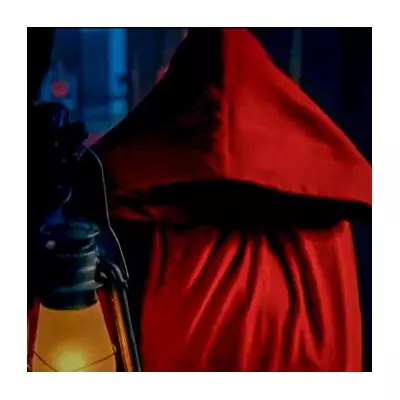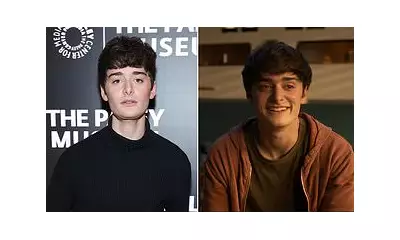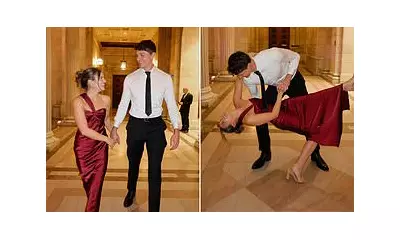
In his latest provocative work, legendary filmmaker and author Werner Herzog plunges headfirst into the murky waters of modern truth with 'The Future of Truth', leaving critics and readers alike questioning whether they're witnessing profound genius or becoming participants in an elaborate artistic prank.
A Master of Blurring Boundaries
Herzog, the acclaimed director behind cinematic masterpieces like Fitzcarraldo and Grizzly Man, has built his career on straddling the line between documentary and fiction. His new book continues this tradition, presenting itself as a serious philosophical inquiry while simultaneously undermining its own authority at every turn.
The Central Proposition
At its core, 'The Future of Truth' grapples with how artificial intelligence, deepfake technology, and algorithmic curation are systematically dismantling our shared reality. Herzog argues we're entering an era where objective truth becomes increasingly elusive, replaced by personalised, algorithmically-generated realities.
Critical Reception: Divided Opinions
The Guardian's review captures the essential tension surrounding the book. Some critics hail it as a vital philosophical intervention, while others suspect it might be Herzog's most ambitious performance piece yet - a work that deliberately embodies the very phenomena it describes.
The case for profundity includes:
- Insightful analysis of AI's impact on human perception
- Herzog's characteristically unique perspective on technological disruption
- Thought-provoking questions about authenticity in the digital age
The prank theory points to:
- Deliberately ambiguous authorship claims
- Contradictory statements about the book's purpose
- Moments that feel like deliberate provocations rather than serious arguments
Herzog's Signature Style
True to form, Herzog fills the book with his trademark blend of poetic insight, dark humour, and what some might call outright eccentricity. He draws connections between historical truth-tellers, modern conspiracy theorists, and the emerging challenges of synthetic media.
The Ultimate Question
The most compelling aspect of 'The Future of Truth' may be the fundamental uncertainty it creates. In an age of misinformation, how do we distinguish between genuine philosophical inquiry and sophisticated performance art? Herzog seems to suggest that learning to navigate this ambiguity might be the most crucial skill for the coming decades.
Whether readers emerge enlightened or bemused, one thing remains certain: Werner Herzog continues to challenge our assumptions about truth, art, and the increasingly blurred space between them.





